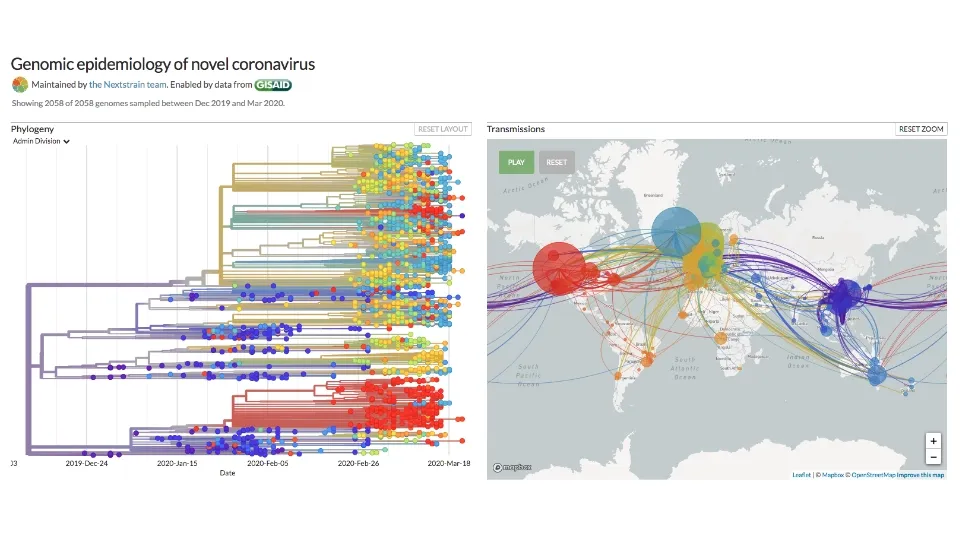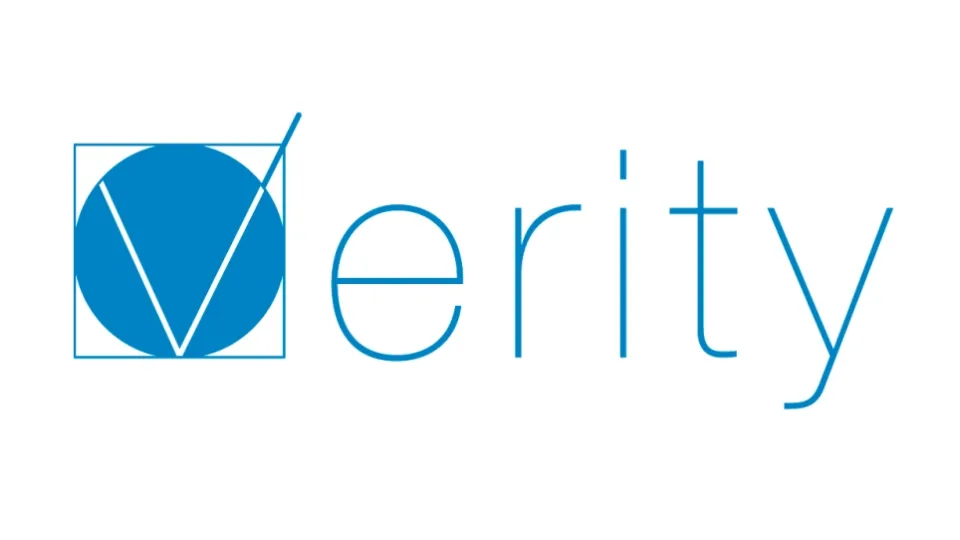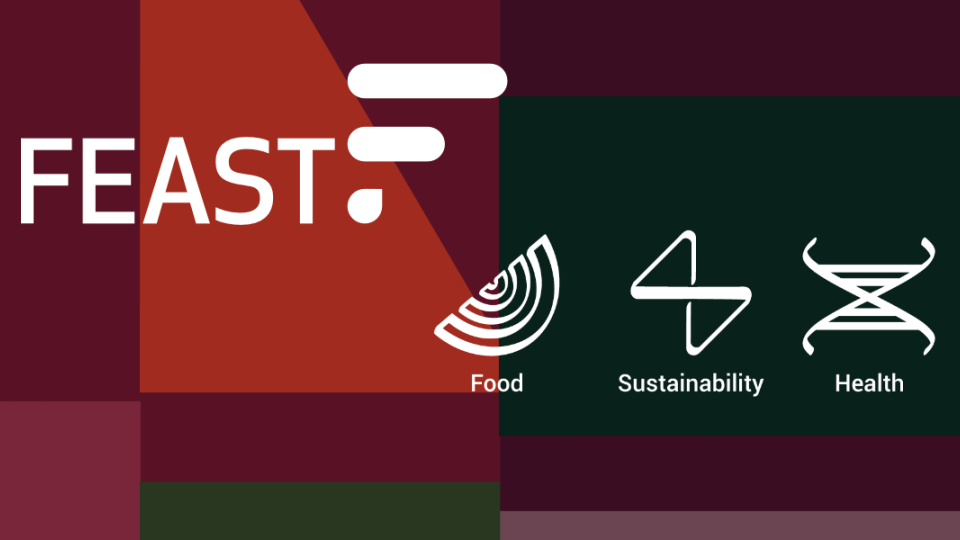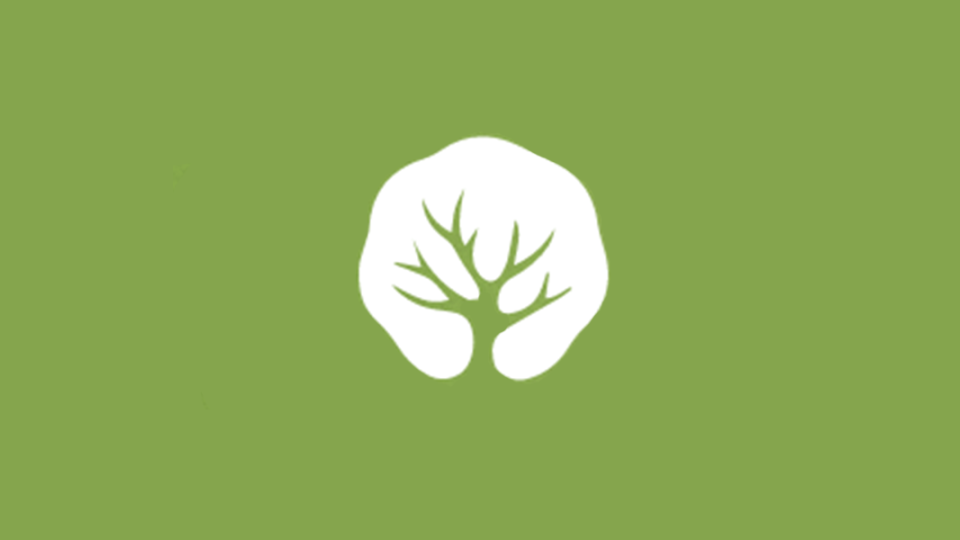Nextstrain is an open-source project to harness the scientific and public health potential of pathogen genome data. They provide a continually updated view of publicly available data alongside powerful analytic and visualization tools that can be used by the public. Through interactive data visualizations, they aim to allow the exploration of always up-to-date datasets, providing a novel surveillance tool to the scientific and public health communities. Their goal is to support epidemiological understanding and improve outbreak response by rapidly conducting analyses and widely disseminating results. This work is made possible through the open sharing of genetic data by research groups from all over the world.
How can it help me?
They offer interactive maps and share weekly situation reports based on genetic data to describe the distribution of COVID-19. They incorporate different nCoV genomes as soon as these are shared and provide analyses and situation reports. You can always find the latest updates regarding different diseases on their website.
How can I use it and what’s the benefit of it?
You can inform yourself about Nextstrain on their website. You can also get involved easily as an expert since all their tools are open source to create a community around Nextstrain.



